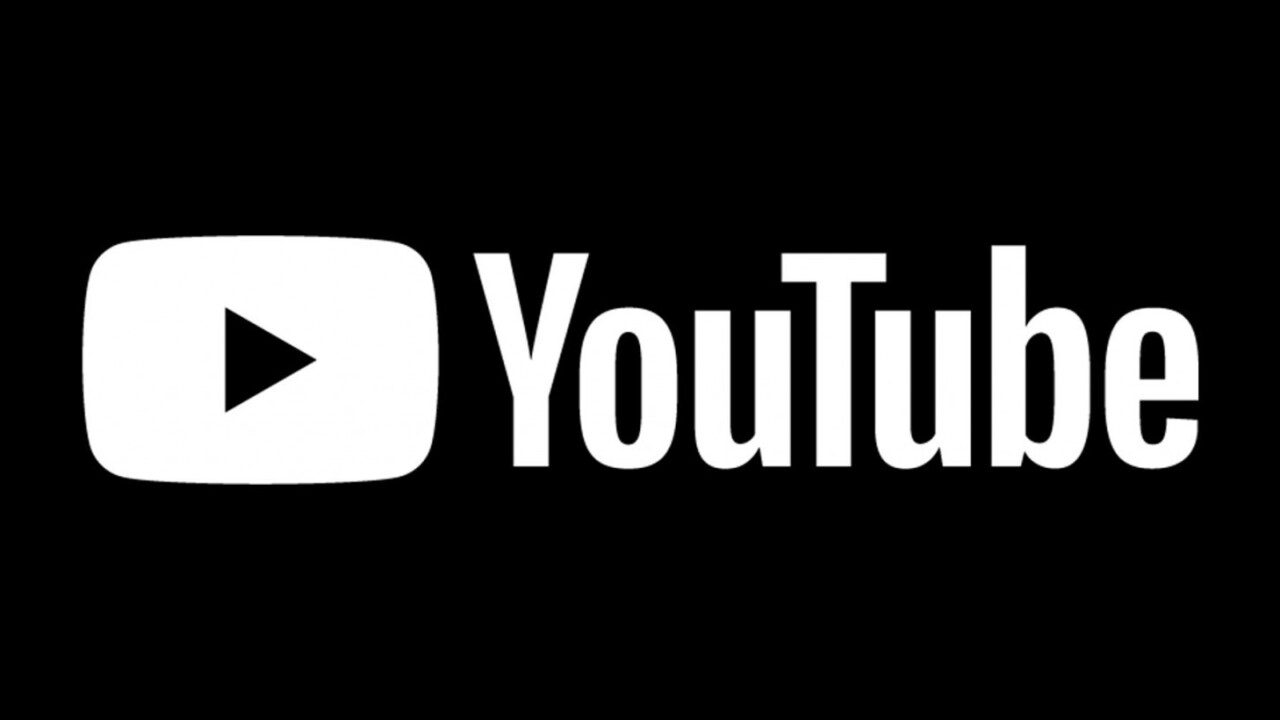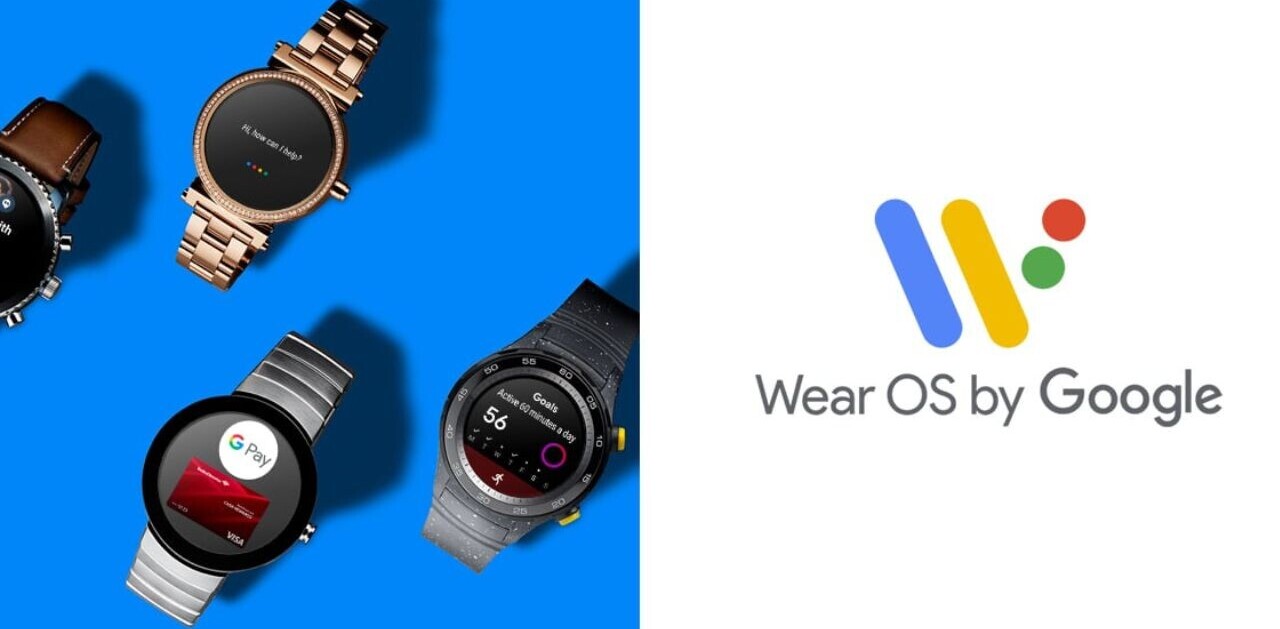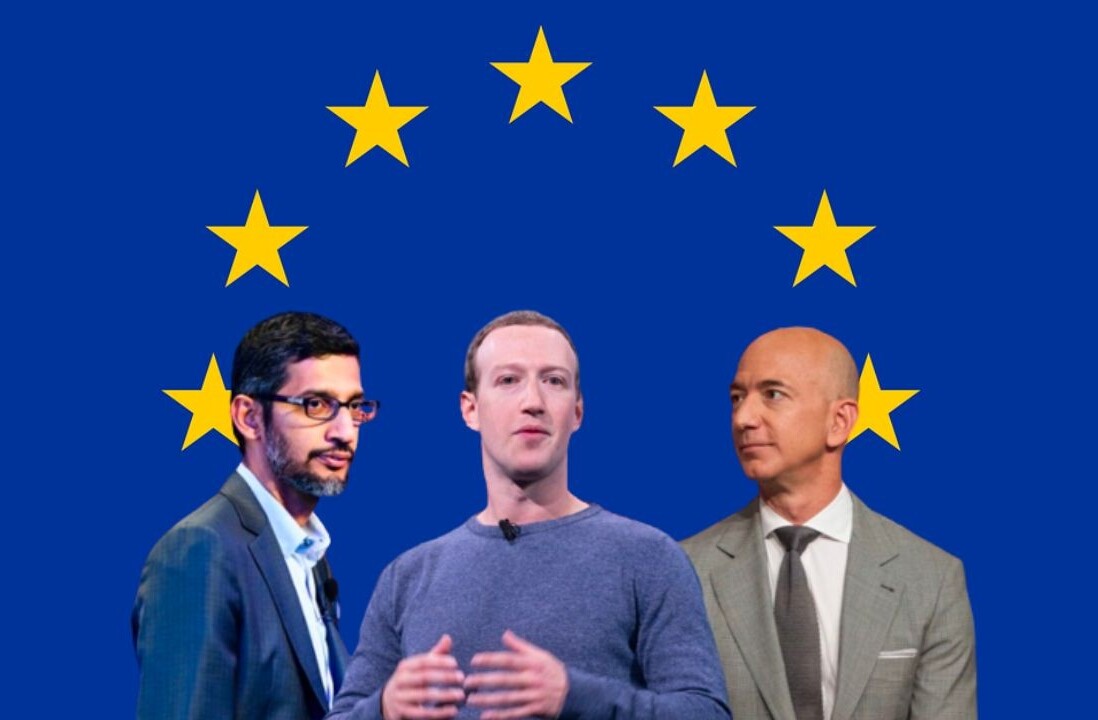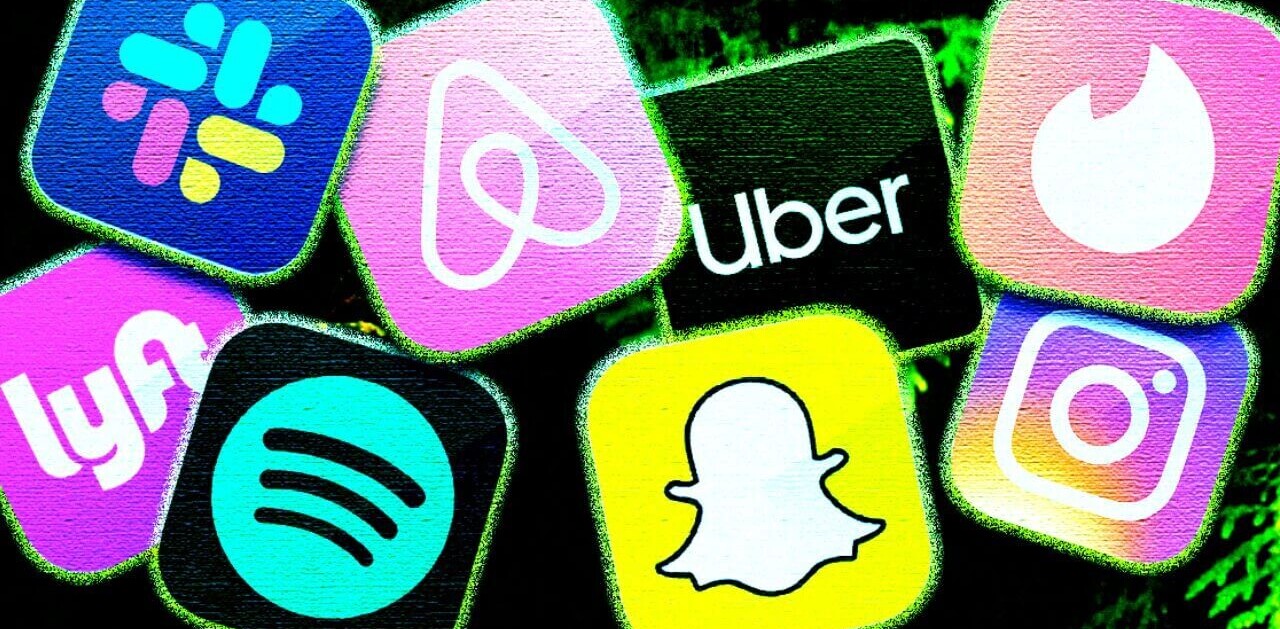
A group of LGBTQ+ YouTubers this week filed a federal lawsuit against Google, claiming the site has engaged in discriminatory practices that deliberately suppress their ability to make money. Part of the problem is that YouTube has kept its algorithms so mysterious, there’s no way to know if it’s deliberately discriminating against any particular group, or if it’s just an offshoot of its recurring problems with ad revenue
According to the vid creators, both YouTube’s algorithms and human reviewers single out content with words like “gay,” “lesbian,” etc, and put it behind an age-restriction gate. Age-restricted videos aren’t eligible for monetization, meaning the creators can’t make money from them. Age-restriction barriers are intended to be for potentially vulgar or offensive content, but the creators allege YouTube applies them to their videos strictly for their LGBTQ+ content. Bria Kam and Chrissy Chambers, of the channel BriaAndChrissy, claim YouTube has diminished their monthly revenue from $3,500 to $500 by doing this.
The lead attorney on the case, Peter Obstler of the firm Browne George Ross, told the Washington Post that YouTube’s monopoly of the online video industry means discrimination is all but inevitable:
By controlling an estimated 95 percent of the public video communications that occur in the world, Google and YouTube wield unparalleled power and unfettered discretion to apply viewpoint-based content policies in a way that permits them to pick winners and losers.”
Part of the problem is that YouTube is notoriously opaque about its monetization and recommendation algorithms. YouTube is infamous for demonetizing creators for seemingly inconsistent reasons. The biggest example of this is probably 2017’s “Adpocalypse,” which began when YouTube changed its rules for what kinds of videos would be ineligible for monetization. Multiple channels reported their existing videos were retroactively demonetized despite not having any of the controversial content YouTube was trying to restrict. This resulted in several channels allegedly taking a serious revenue hit.
The platform also has a history with restricting LGBTQ+ content: in 2017, an apparent glitch caused harmless videos that fell into this category to be filtered out of YouTube’s restricted mode. YouTube CEO Susan Wojcicki and VP Johanna Wright both apologized for this and claimed the site’s moderators had adjusted the algorithm accordingly. In 2018, content creators claimed that using the words “trans” or “transgender” triggered instant demonetization of their videos. YouTube responded with the following quote to The Verge:
We do not have a list of LGBTQ-related words that trigger demonetization, and we are constantly evaluating our systems to ensure they are enforcing our policies without any bias. We use machine learning to evaluate content against our advertiser guidelines. Sometimes our systems get it wrong, which is why we’ve encouraged creators to appeal. Successful appeals ensure that our systems get better and better.
We’ve reached out to Google for comment.
Get the TNW newsletter
Get the most important tech news in your inbox each week.




